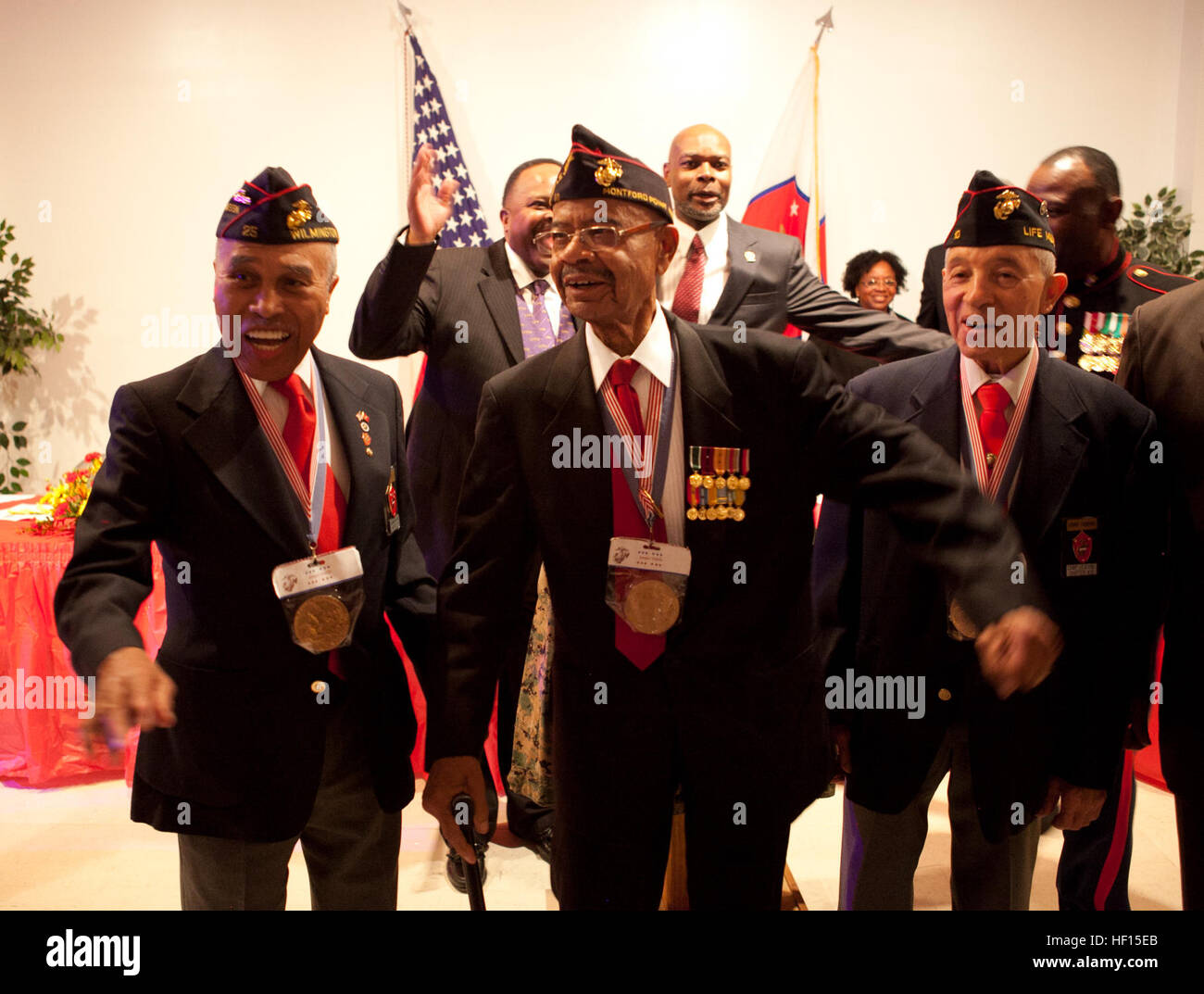

for five years, then returned to Greenville and joined a law firm there.

Īfter resigning as IRS Commissioner in 1973, Walters practiced law in Washington, D.C. Walters later commented, "By refusing to implement the request we preserved our tax system and also kept me out of jail." A few months later, after knowledge of the list became public, he turned the still-sealed envelope over to the executive director of the Congressional Joint Tax Committee. Instead, Walters put the list in an envelope, sealed it, and locked in his safe, after obtaining permission to do nothing from his superior, Secretary of the Treasury George Shultz. In 1972, three months after the Watergate break-in, Nixon's White House Counsel John Dean gave Walters a list of "enemies" and told him to order IRS investigations on them. Thrower, who had been fired for resisting attempts by the administration to order tax audits or obtain tax records on Nixon's political opponents. In 1971 Nixon appointed him as Internal Revenue Commissioner, to replace Randolph W. In 1969 he was appointed an Assistant Attorney General in the Richard Nixon administration. He then worked for Texaco in New York City before moving to Greenville, South Carolina, where he established a private practice as a tax attorney. He worked for five years in the office of the chief counsel for the Internal Revenue Service. He then entered the University of Michigan Law School, graduating in 1948. Army Air Forces, mustering out as a First Lieutenant. During World War II he served in the U.S. He enrolled in Furman University in 1938, where he majored in economics and graduated in 1942. He was born in Lydia, South Carolina and initially lived in a house without electricity or running water.


 0 kommentar(er)
0 kommentar(er)
